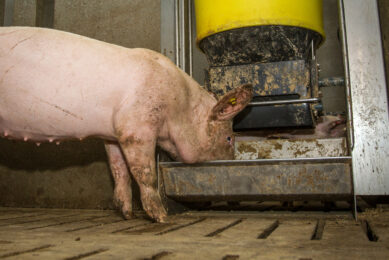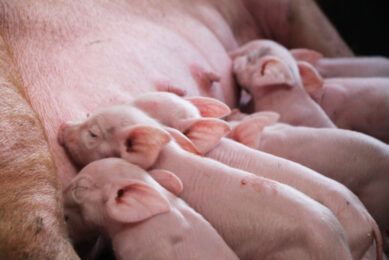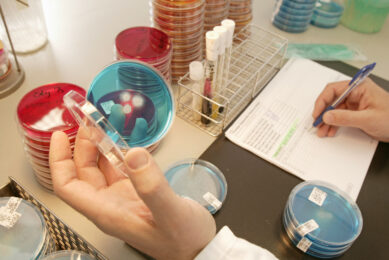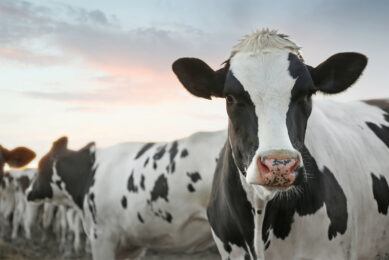Research: Potatoes against scours in weaned pigs?
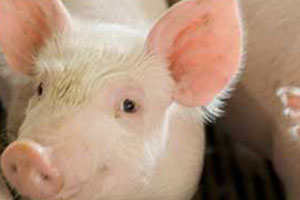
Scientists from Aarhus University in Denmark have not managed to reproduce tests done in South Korea in which extracts of potato protein could be used to prevent scours in young pigs.
The initial Korean research results gave scientists grounds to believe that a potato-derived product could be used to prevent diarrhoea in piglets, avoiding the need for resistance-developing antibiotics. If successful, this would have been of significant benefit to the agricultural industry.
Potatoes – like many other plants – produce defensive components called antimicrobial peptides (AMP) to fight, for example, bacterial infections in the plant. A South Korean research group showed in a number of publications that there were large differences in the AMP contents of different species of potato and found one particular potato variety (Gogu Valley) with a much higher content.
The South Koreans published some articles describing these fantastic results. They had made a product based on roughly purified potato protein from the promising variety which, in their experiments, suppressed pathogenic bacteria both in the laboratory and in pigs and poultry that were fed this potato protein, says associate professor Mette Krogh Larsen, Aarhus University.
On the basis of this research, the Danish scientists reckoned that it would be possible to create a similar product against scours in piglets in Denmark. Such a product could be made from the waste products in potato starch production and help reduce the use of antibiotics in pig production.
The Danish scientists were collaborating with KMC (potato starch manufacturers) and with the potato breeding company LKF Vandel, who were the project leaders. The research behind the project was a combination of microbiology and food and protein chemistry and involved the departments of Animal Science and Food Science.
In the laboratory the scientists investigated at a number of potato clones and varieties which LKF Vandel made available. The aims were to identify potatoes with a high concentration of the antimicrobial peptides, to test these on E. coli bacteria in the laboratory, to produce an effective potato protein extract to be tested in a pig herd, and lastly to optimise the content of the active compounds in the most promising potato varieties.
It did not turn out the way it was hoped, Krogh Larsen explained, “If the theory could have been proved, we would have developed a health-promoting protein feed. But we were simply not able to reproduce the results of the South Koreans. We even tried using the same potato variety that they had used. We were not able to source it directly from South Korea, but with many convolutions and efforts we were able to import five kilograms Gogu Valley potatoes from the United States. But even in these we were not able to detect any antimicrobial activity.”
She continued, “No results are also a result. Now we know that we need go no further along this track. We cannot rule out that the South Korean potatoes have been grown under different conditions that may have favoured the production of AMP. But since we have not at any time found any significant antimicrobial effects in the laboratory, there is no reason to continue with the experiment on pigs. We can instead concentrate our efforts in other areas.” If the work on the fractionation and purification of potato proteins had continued, it is possible that some antimicrobial activity may have been detected. However, the scientists were not able to detect activity in any of the extracts or in the derived fractions produced in the pilot project.
But the collaboration has instead presented other opportunities in the continued work with fractionation of potato protein and its possible utilisation in the food industry and has resulted in a new PhD project which will soon be launched as a collaboration between the Department of Food Science and KMC.
As a dataset for this project, potato juice was extracted from 740 different potato clones and varieties. This sample library is currently being used by LKF Vandel in another project where they screen for clottable protein and look for links between protein and starch content. This information is important for the selection of potato varieties for breeding.
Source: Aarhus University



